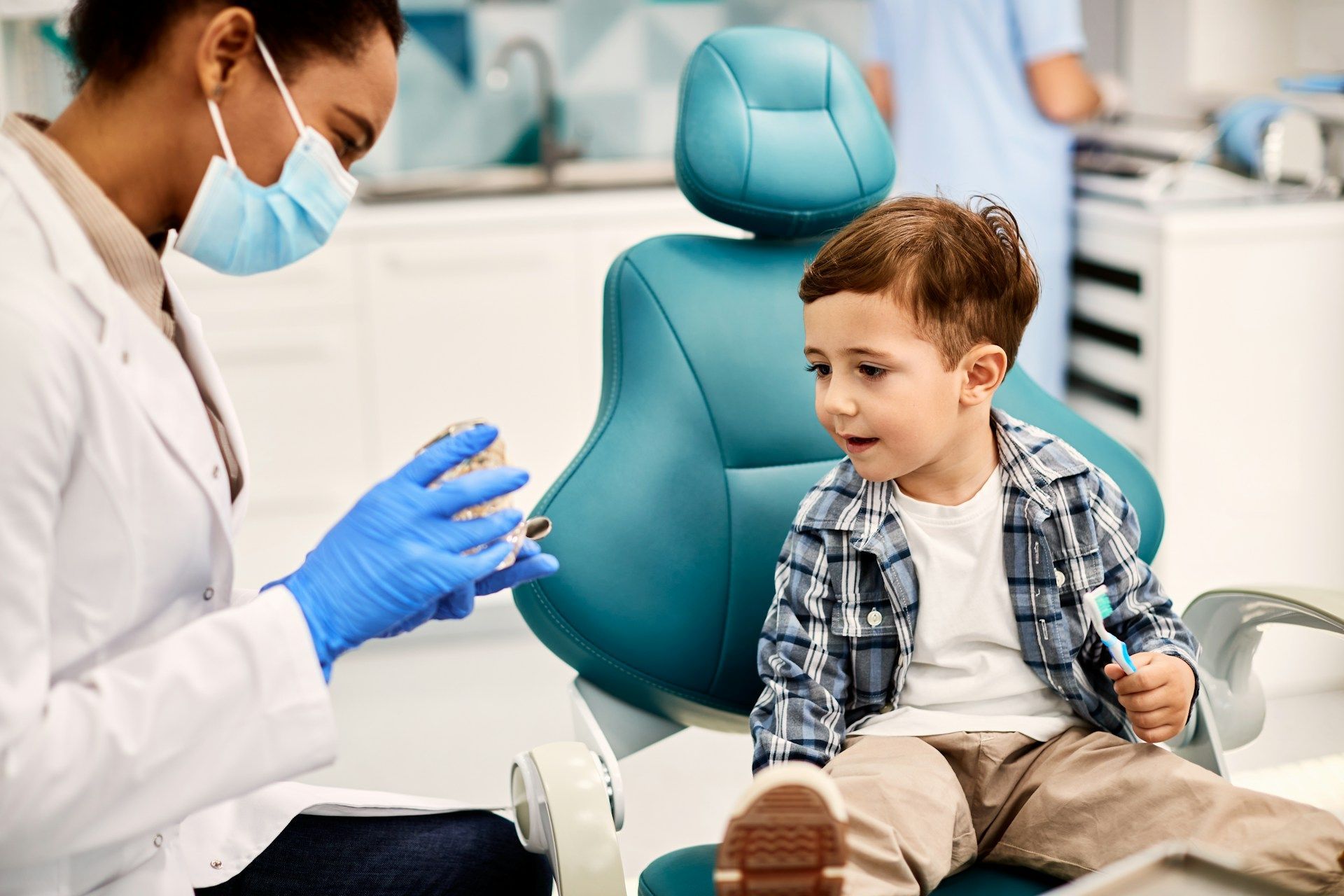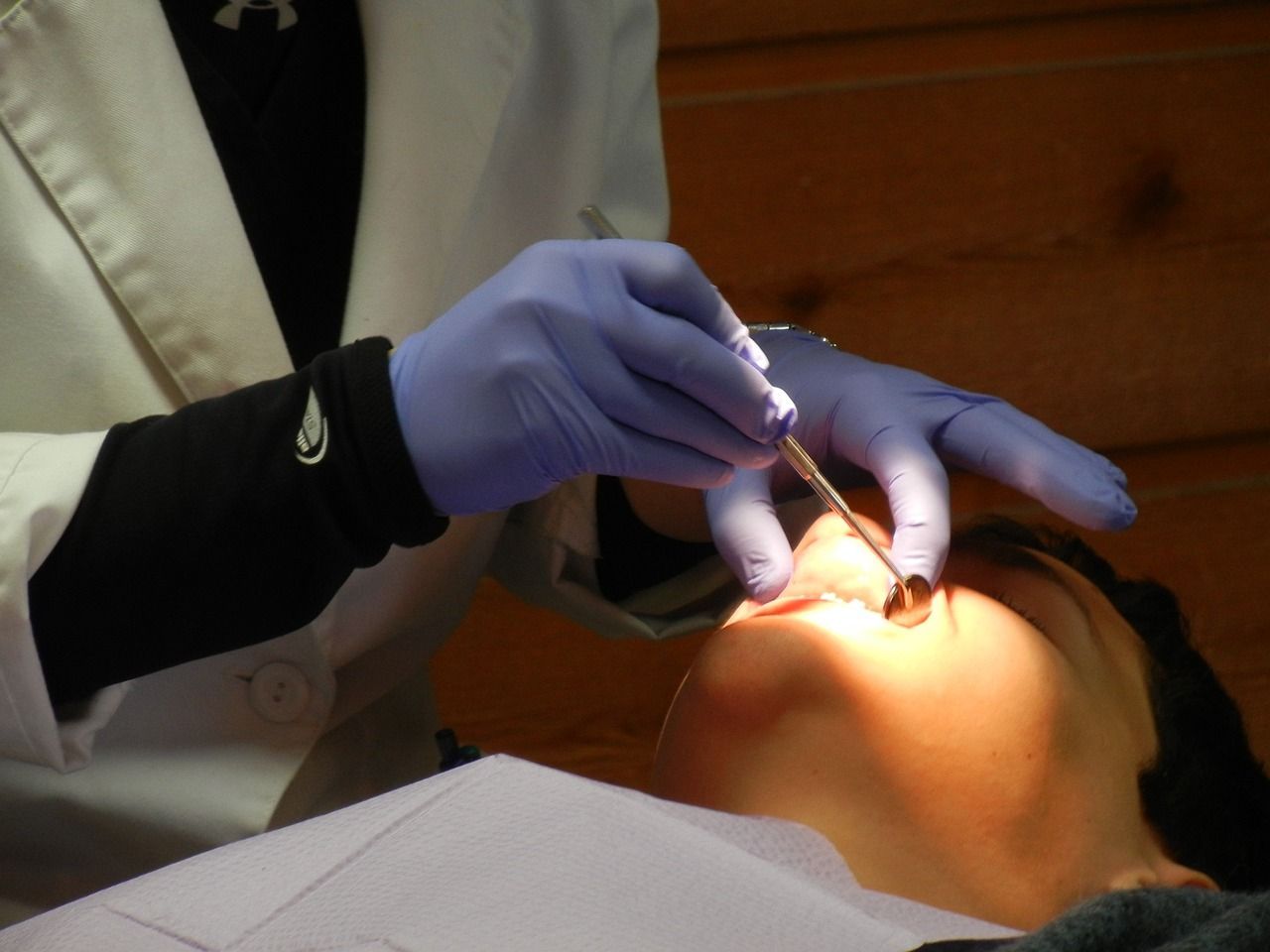Understanding Teeth Grinding (Bruxism) and How to Manage It
Teeth grinding, also known as bruxism, is a widespread dental issue affecting people of all ages. It involves clenching or grinding of the teeth, often unconsciously, during sleep or in stressful situations. While occasional teeth grinding may not cause significant harm, persistent bruxism may lead to a wide range of dental complications like tooth damage, jaw disorders, and chronic pain. In this article, we will explore the signs and symptoms of teeth grinding, common causes and triggers, and effective treatment options to manage and prevent bruxism.
The severity of teeth grinding may vary from person to person. Some individuals may experience mild symptoms, while others could face advanced dental issues. The exact cause of teeth grinding is not yet fully understood.
If left untreated, teeth grinding can lead to severe dental problems and negatively impact one's quality of life. Hence, it is crucial to seek professional help to effectively manage and prevent bruxism. Comprehensive dental care, such as the one provided by Panhandle Dental, is vital in addressing teeth grinding and ensuring optimal oral health. Schedule an appointment with us to explore suitable treatment options and take the first step towards a worry-free, healthy smile.
Understanding Teeth Grinding (Bruxism) and How to Manage It
Teeth grinding or bruxism is a common dental issue that affects people of all age groups. It is crucial to recognize the signs and symptoms, understand the causes, and explore effective treatment options to manage and prevent this condition. In this blog post, we will delve deeper into bruxism and provide valuable guidance on how to address it for a healthier smile.
Diagnosing Teeth Grinding
If you suspect that you or a loved one is struggling with teeth grinding, the first step should be to consult with a dental professional. The dentist can assess the condition by examining the teeth, jaw muscles, and performing an evaluation of the person's overall oral health. A detailed medical history may also be taken into account to identify potential causes and triggers of bruxism.
During the examination, the dentist looks for specific signs and indicators, such as:
1. Tooth wear patterns:
Bruxism can cause abnormal and uneven wear patterns on the surface of the teeth.
2. Fractures and tooth damage: Frequent teeth grinding and clenching can lead to cracks, chips, and other types of tooth damage.
3. Tooth sensitivity: Grinding may cause tooth enamel to wear off, resulting in heightened sensitivity to temperature or pressure.
Once the diagnosis is confirmed, the dentist can recommend suitable treatment options depending on the severity and underlying cause of teeth grinding.
Treatment Options for Bruxism
There is no one-size-fits-all solution to manage teeth grinding, as the appropriate treatment depends on the individual's specific needs and circumstances. Some of the standard treatment options for bruxism include:
1. Dental appliances:
Mouthguards or splints made from soft or hard plastic can be custom-made to fit over the teeth, creating a barrier that lowers the risk of tooth damage and reduces grinding noises during sleep.
2. Orthodontic correction: In cases where misaligned teeth or an abnormal bite contribute to bruxism, orthodontic treatment like braces or aligners can rectify the issue and alleviate teeth grinding.
3. Stress management: Learning stress-reduction techniques such as deep breathing exercises, meditation, or counseling can help manage stress-related bruxism.
4. Medications: In some instances, the dentist may prescribe medications to relax the jaw muscles or reduce inflammation caused by teeth grinding.
5. Lifestyle changes: Reducing caffeine and alcohol intake, avoiding chewing gum, and practicing relaxation techniques before bedtime can help lessen bruxism symptoms.
Preventing Teeth Grinding
In addition to seeking professional treatment, there are several preventive measures one can take to minimize the occurrence and impact of teeth grinding. These include:
1. Awareness:
Being conscious of teeth clenching or grinding habits during the day is the first step in prevention. As soon as you notice
the behavior, try to consciously relax the jaw muscles.
2. Routine dental checkups: Regular dental visits can help monitor your oral health and detect early signs of teeth grinding, enabling timely intervention.
3. Proper sleep habits: Establishing a consistent bedtime routine and ensuring a comfortable sleep environment can improve sleep quality and minimize the likelihood of teeth grinding during sleep.
4. Limiting stimulants: Reducing the consumption of caffeinated drinks like coffee, tea, and soda, as well as cutting down on alcohol intake, can help decrease bruxism symptoms.
5. Facial muscle exercises: Practicing stretching and relaxation exercises for the face and jaw muscles can help alleviate tension and reduce teeth grinding.
When to Seek Professional Help
If you continue to experience teeth grinding symptoms despite your self-help efforts, or if the condition worsens, it may be time to consult a dental professional for expert evaluation and intervention. Some signs that warrant professional attention include:
1. Persistent tooth pain or sensitivity, particularly in the absence of any identifiable cause.
2. Recurring headaches or facial pain that cannot be attributed to other health conditions or factors.
3. Sleep disturbances like insomnia or excessive daytime sleepiness, indicating possible underlying sleep disorders.
4. Noticeable changes in your bite or the position of your jaw.
Conclusion
Teeth grinding is a prevalent dental concern that can have severe consequences if left untreated. However, by recognizing the signs and symptoms, understanding its causes, and proactively seeking
professional dental care, individuals can effectively manage and prevent bruxism. Panhandle Dental is committed to providing advanced dental technology and relaxed dental care in Amarillo. Schedule an appointment with us today to explore suitable treatment options for teeth grinding and take a step towards maintaining a healthy, radiant smile for years to come.
BUSINESS HOURS
- Mon - Thu
- - -
- Fri - Sun
- Closed
All Rights Reserved | Dentist Websites by Energize Group




